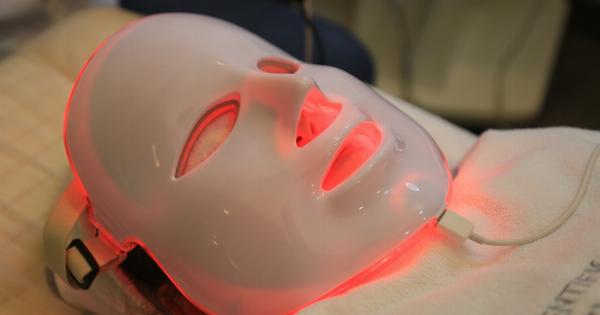Gastric bypass surgery is a weight loss procedure in which a surgeon reduces the size of the stomach and reroutes the small intestine to a pouch created from the stomach to restrict the amount of food the stomach can hold and the amount of calories the body can absorb. In general, people who undergo gastric bypass lose about 60 to 80% of their excess weight within the first year following the procedure. But how does gastric bypass help you lose weight? Let’s take a closer look.
The Effects of a Smaller Stomach Pouch
The procedure significantly reduces the size of the stomach pouch, usually to about the size of a walnut or an egg. This means that after the procedure, you will feel full more quickly, which can lead to a lower calorie intake and weight loss.
Additionally, the smaller stomach pouch produces less of the hunger hormone ghrelin, which helps reduce the desire to eat.
The Restriction of Food Intake
After gastric bypass, you will also be restricted in the types and amount of food you can eat. For the first few weeks after the surgery, a liquid diet is recommended. Then, a soft food diet is slowly introduced, followed by solid food.
However, you will still need to eat smaller and more frequent meals, and chew your food thoroughly to avoid discomfort or nausea.
The Malabsorption of Calories
One aspect of gastric bypass surgery that contributes to weight loss is the rerouting of the small intestine. The procedure bypasses a significant portion of the small intestine, where the body absorbs calories and nutrients from food.
This means that fewer calories and nutrients are absorbed into the body, resulting in weight loss. However, this also means that you may be at risk for malnutrition and vitamin deficiencies, which is why it’s essential to take nutritional supplements and have regular blood tests.
Changes in Gut Hormones
Gastric bypass surgery also causes changes in gut hormones, which play a significant role in appetite regulation and metabolism. The surgery reduces the production of the hunger hormone ghrelin, which helps suppress the appetite.
It also increases the production of other hormones that help regulate blood sugar levels and control insulin secretion. These changes can help improve glucose metabolism and insulin resistance and decrease the risk of developing diabetes and other metabolic disorders.
The Psychological Benefits
Gastric bypass surgery can also have psychological benefits. People who undergo this surgery often report improved self-esteem, body image, and quality of life. They may also experience less depression, anxiety, and stress related to their weight.
With significant weight loss, many people also find it easier to engage in physical activity, which can lead to even more weight loss and improved overall health.
Possible Risks and Complications
As with any surgery, gastric bypass has potential risks and complications. These can include bleeding, infection, blood clots, and anesthesia complications during surgery.
After surgery, complications can include nausea, vomiting, dehydration, and bowel obstruction. In some cases, patients may also experience dumping syndrome, which occurs when food passes too quickly into the intestine, causing nausea, vomiting, and diarrhea.
In the long term, patients may also be at risk for nutritional deficiencies, such as iron, calcium, and vitamin B12 deficiencies. It’s essential to discuss all potential risks and complications with your doctor before deciding to undergo gastric bypass surgery.
Conclusion
Gastric bypass surgery is a weight loss procedure that can have significant benefits for people struggling with obesity.
By restricting the amount of food the stomach can hold, reducing hunger hormone production, and rerouting the small intestine to decrease calorie and nutrient absorption, gastric bypass surgery can help people lose significant amounts of weight. However, it’s essential to remember that the surgery also has potential risks and complications, and that it is not a magic solution to weight loss.
Careful consideration, consultation with medical professionals, and lifestyle changes are all necessary components to achieving successful gastric bypass surgery outcomes.



























